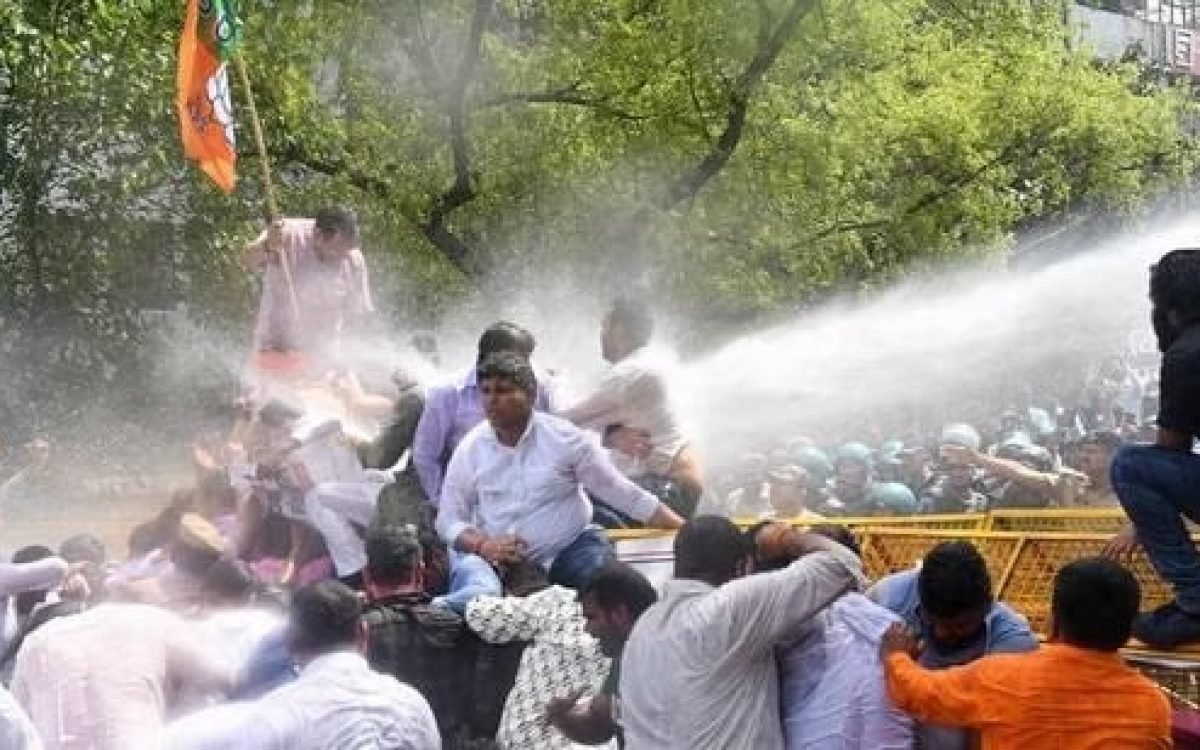In a tumultuous period of Indian politics, recent events have sent shockwaves across the nation, with pivotal developments unfolding on multiple fronts. From the arrest of Delhi Chief Minister Arvind Kejriwal to the invitation extended to BJP leader Varun Gandhi by the Congress, and the specter of pre-poll violence looming over West Bengal, let’s delve deeper into the intricate dynamics shaping the country’s political landscape.
Arvind Kejriwal’s Arrest: Impact on AAP’s Electoral Prospects
The arrest of Arvind Kejriwal, Delhi’s Chief Minister, has dealt a significant blow to the Aam Aadmi Party (AAP) as it braces for the upcoming national polls. While the AAP hopes to leverage sympathy votes, rivals see an opportunity to capitalize on Kejriwal’s absence, questioning the efficacy of Delhi’s administration without its leader. Kejriwal’s steadfast demeanor, evidenced by issuing directives from ED custody, underscores the resilience of his leadership amidst adversity.
Varun Gandhi’s Political Odyssey: Congress’s Invitation Amid BJP Denial
Amidst political upheaval in Uttar Pradesh, Varun Gandhi finds himself at a crossroads following the BJP’s decision to deny him a ticket for the Lok Sabha polls. The Congress, led by Member of Parliament Adhir Ranjan Chowdhury, extends a welcoming hand to Gandhi, citing his leadership qualities and clean image. The Samajwadi Party (SP) also expresses openness to accommodating Gandhi, highlighting the fluid nature of political alliances as the electoral landscape evolves.
Pre-poll Violence in West Bengal: Challenges to Democratic Norms
West Bengal’s rich cultural heritage juxtaposes with the stain of pre-poll violence that has marred its electoral history. As the state gears up for another electoral showdown, concerns over political violence cast a shadow over its democratic credentials. Rooted in a complex interplay of power dynamics and historical legacies, the specter of violence underscores the need for vigilance and concerted efforts to uphold democratic principles.
In summary, these developments serve as a microcosm of the broader political landscape in India, characterized by volatility, strategic maneuvering, and the enduring quest for power. As the nation navigates through these turbulent times, the resilience of its democratic institutions and the will of its people will shape the course of its political destiny.









